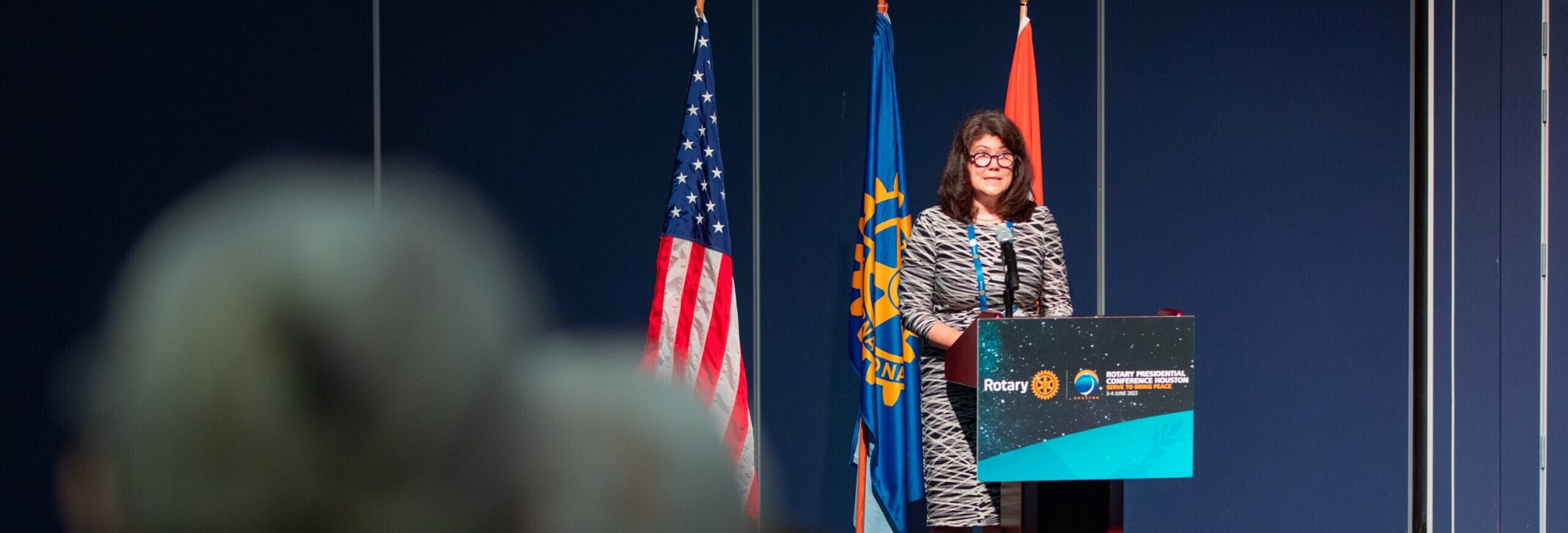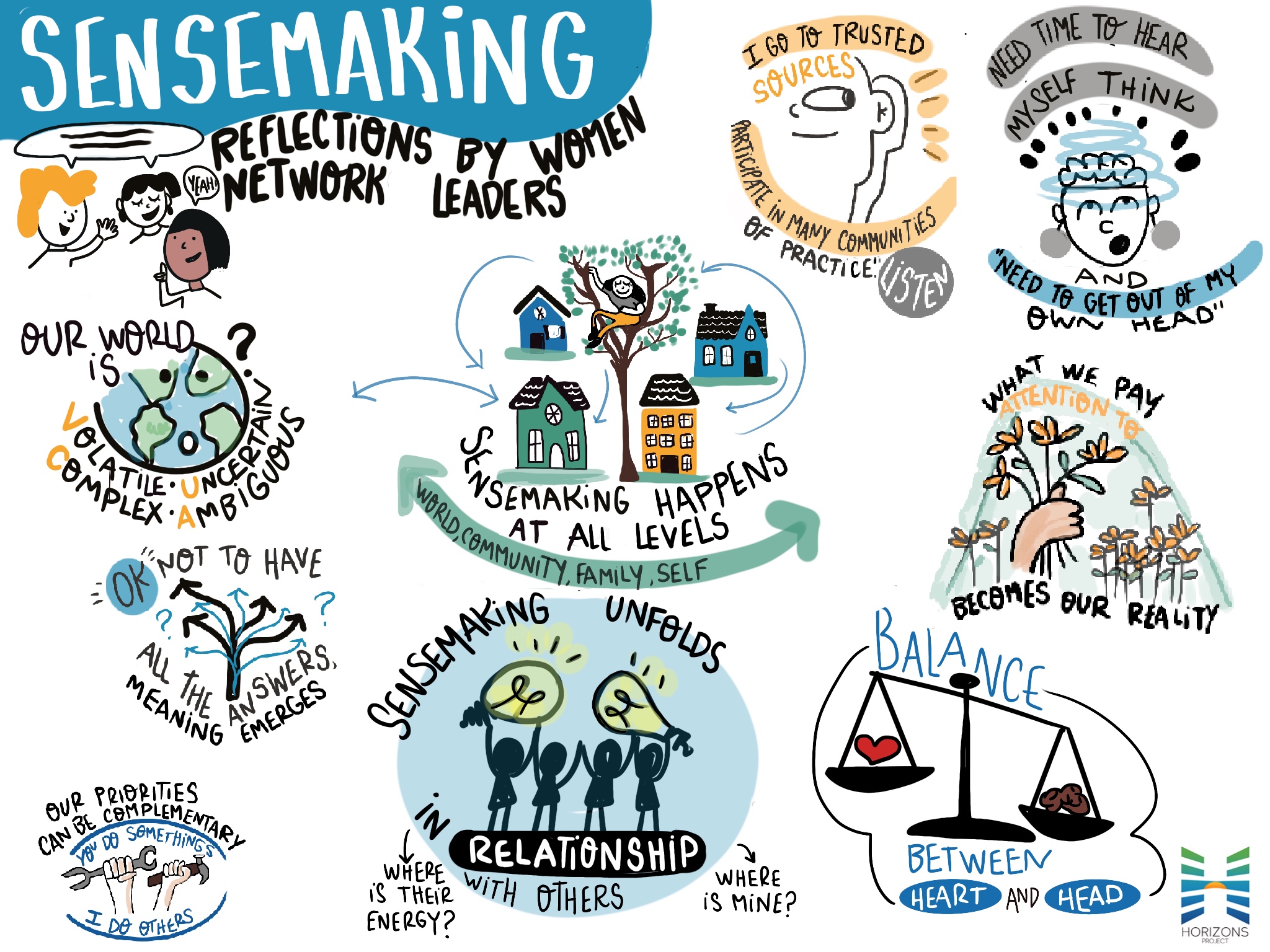Tag: Grassroots/Community-Based

How Can Funders Support Pro-democracy Movements?
*This article was written by Chief Network Weaver Julia Roig and was first published on Alliance Magazine. As the United States celebrates Martin Luther King Jr. Day on 16 January, it...

Dr. Martin Luther King Jr.’s Multiple Lanes to Multiracial Democracy
*This article was written by Chief Organizer Maria J. Stephan and was first published on Waging Nonviolence. King understood that no single approach would be sufficient to combat the interconnected evils...

THE HORIZONS PROJECT’S TOP INSIGHTS & LEARNINGS FROM 2022
Since our official launch in January of 2022, the Horizons’ team has spent the bulk of our time building relationships with the many inspiring organizers, network leaders, researchers, and funders...

How to rise above partisan politics to uphold our democracy
Recent polls have revealed that “threats to democracy” are a top priority for many of us living in the United States. On the one hand, this is good news. Acknowledging the...

Building A United Front
*This article was written by former Director of Applied Research Jonathan Pinckney. The scope of the challenges of democracy in the United States are vast. For a movement to protect...

Bridge-Building and Power-Building: An Ecosystem Approach to Social Change

The Horizons Project Discusses Sensemaking
Get to know The Horizons Project team better, as our Chief Network Weaver Julia Roig and our Director of Partnerships and Outreach Tabatha Pilgrim Thompson share their own approaches to sensemaking in one of the episodes...

Rethinking “Polarization” as the Problem
On June 6, 2022 Horizons’ Chief Network Weaver Julia Roig, shared the main stage at Rotary’s 2022 Presidential Conference in Houston with Gary Slutkin, the founder of Cure Violence and Azim Khamisa, the founder...

Forgiveness, Accountability, and Societal Healing
The Horizons Project is partnering with Rotary International to explore how to embed concepts and practices of forgiveness, accountability, and societal healing within Rotary clubs and their partners around the world.Forgiveness is often...

Sensemaking
One of the three lines of work of The Horizons Project is “sensemaking.” As organizers and coalition-builders who believe in the power of emergent strategy, the practice of sensemaking is something...
